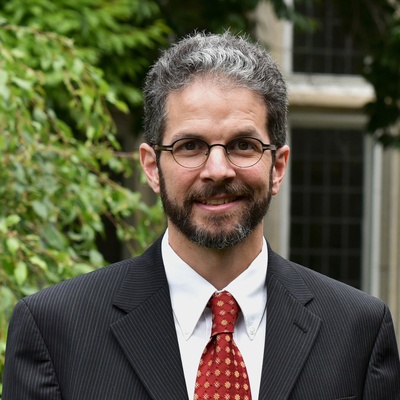A free society needs both liberty and order. As Russell Kirk once put it, "order is the first need for any society — only then can liberty and justice be reasonably secure." From September 1787 through July 1788, this principle of ordered liberty shaped Federalist arguments for and anti-Federalist arguments against the ratification of the Constitution. Contemporary Americans might be tempted to assume that the opposition does not deserve to be counted among the Founding Fathers and Framers. But not only do many anti-Federalists belong in both categories, their works need to be read alongside the more famous Federalist Papers and James Wilson's oratory if Americans hope to restore a sane balance between state and federal power.
Recent experience with tyranny shaped the Articles of Confederation, the United States' constitution from 1781-1787. In an effort to avoid everything that had become instruments of tyranny in British hands, the Articles contained no national army, no executive branch, no national judiciary, and states had to vote unanimously for any tax. A unicameral Congress, with members elected by state legislatures (not "the People") and in which each state had one collective vote, oversaw all national matters via committees. In this highly decentralized union, ensuring state sovereignty trumped concerns about individual liberty.
The U.S. Constitution won ratification on June 21, 1788, mainly because of promises to anti-Federalists that a Bill of Rights would be added as soon as possible. (Federalists had opposed the addition of a Bill of Rights on the grounds that listing Americans' liberties in amendments might unintentionally limit them.) Another comforting thought was that George Washington, who had proven trustworthy with power, would be the first president.
Still, anti-Federalists did correctly predict that the U.S. Constitution would become a much-abused instrument in the hands of those who wished to build a muscular, far-reaching government. They also foresaw that the judiciary might endanger liberty more than a quasi-monarchical president. Robert Yates' warnings about the Supreme Court and Congress certainly ring true today, as do Samuel Bryan's predictions about politicians taking advantage of crises to pursue ideological or partisan ends. These processes tend to limit Americans' liberties while chipping away at their virtue via government-constructed moral hazards. Indeed, as J. Budziszweski notes in The Line through the Heart, Yates' "arguments seem even stronger today than they did at the time they were written."
Does this mean, then, that the anti-Federalists ought to have succeeded in stopping the Constitution's ratification? Far from it. The Federalists correctly criticized the Confederation for being unable to provide the minimum order needed so that Americans could flourish as a free people. Their arguments show they understood better than anti-Federalists the necessary balance between liberty and order. Had the anti-Federalists defeated the Constitution, the Union would have soon split into multiple confederations or divided into highly separate states. The consequences for liberty and human flourishing under these scenarios would have been worse than the most dismal anti-Federalist prediction about life under the Constitution.
This does not mean, however, that Federalists believed any governmental formula could, of itself, maintain a polity in which liberty and justice would be secure. They, like their anti-Federalist opponents, recognized the need for virtue in a free society. But while both acknowledged virtue as a precondition for republican government, Federalists were far less likely to expect it. "The few ... who act upon principles of disinterestedness," wrote Washington, "are, comparatively speaking, no more than a drop in the Ocean." A rational Constitution, prudently drawing on Enlightenment liberalism and based on Americans' own experience as a free people, would help bridge the gaps.
The anti-Federalists, though perceptive when identifying problems, tended to permit the perfect to be the enemy of the good. There was nothing inherent in the Constitution relative to a penchant for disorder and illiberality that is not present in the human person. The Federalists realized this; the anti-Federalists did not. Yet to understand the degree to which the American founders understood the balance between liberty and order necessary for a free people, one must not neglect the anti-Federalists, for it was they who were responsible for modifying what would have been a highly centralized government from the very beginning, had the Virginia Plan succeeded in toto, and had anti-Federalists like George Mason failed to secure a Bill of Rights.
A longer version of this article will appear in the Spring 2010 Religion & Liberty.













